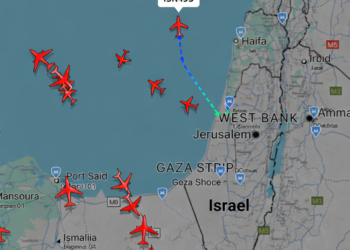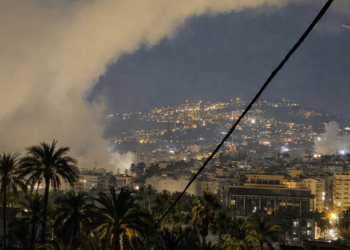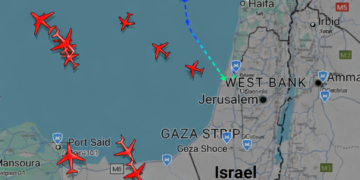Former U.S. President Donald Trump has made new comments on the ongoing Gaza war, and they are raising fresh concerns about what direction the conflict might take next. His tone, more forceful than before, signals a shift that may impact diplomatic efforts in the region, especially as international pressure mounts for a lasting ceasefire.
Trump’s comments come at a time when negotiations between Israel and Hamas seem to have collapsed. The humanitarian situation in Gaza is getting worse by the day, with starvation spreading and civilian casualties rising. As these developments unfold, many are questioning whether peace talks will ever return or if the focus has now moved to complete military action.

Trump’s language hardens
Speaking to reporters, Trump said Hamas leaders “didn’t want to make a deal” and even claimed, “they want to die.” He went further to say, “It got to a point where you’re going to have to finish the job.” This kind of language marks a serious shift in tone from earlier attempts at diplomacy.
It’s not just the words but the weight they carry. As someone who remains highly influential in U.S. politics and with close ties to Israel’s leadership, Trump’s words could encourage further military action. He didn’t mention any pathway to peace or call for negotiations, only a hardline stance.
This change in messaging also asks deeper questions: Is the U.S. stepping back from encouraging negotiations in the region? And if so, what does that mean for the civilians still suffering in Gaza.
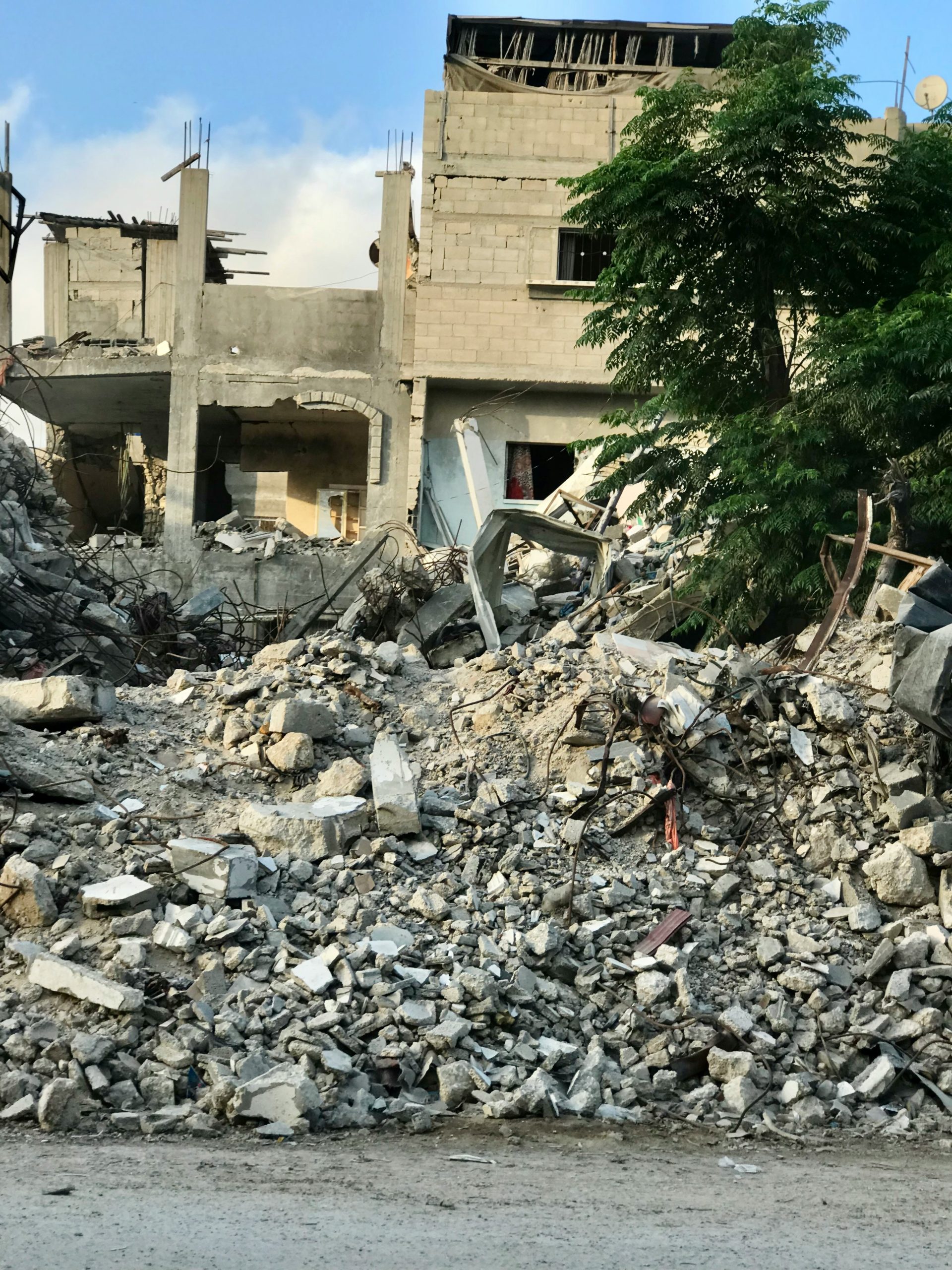
Netanyahu echoes the shift
Israeli Prime Minister Benjamin Netanyahu mirrored this change. He announced that Israel was now considering “alternative” means to achieve its goals in Gaza. This came after ceasefire talks, brokered in Qatar, appeared to fall apart. Netanyahu’s statements show that Israel may no longer see diplomacy as a useful tool in ending the conflict — at least for now.
While Hamas has claimed it remains open to negotiation, it also accused both Israel and the U.S. of ignoring possible compromises. In the words of a senior Hamas official: “What we have presented… could lead to a deal if the enemy had the will to reach one.”
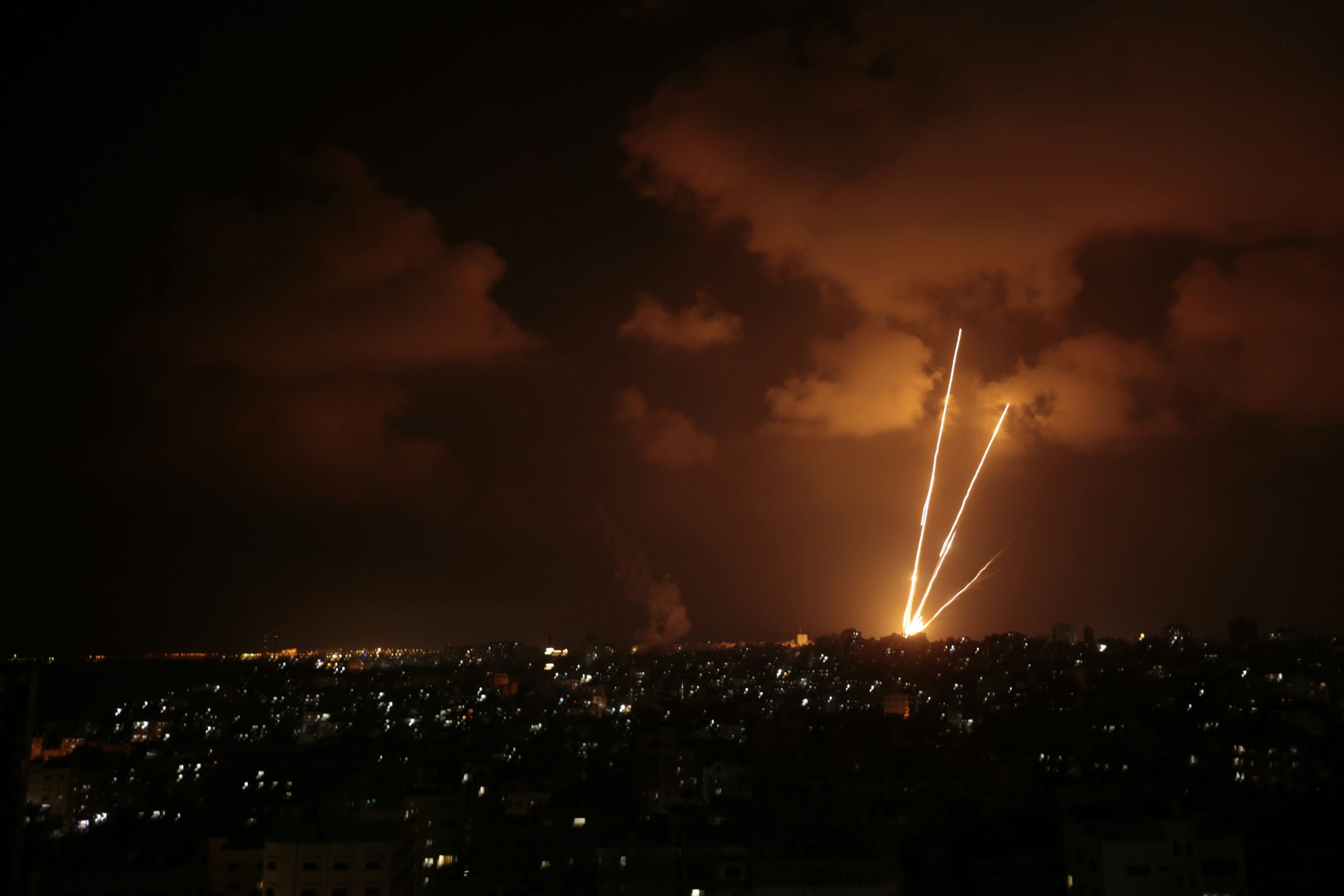
Macron’s move sparks division
As if the situation wasn’t complex enough, French President Emmanuel Macron added another layer. He declared that France would recognize an independent Palestinian state, the first major Western power to do so in the middle of this war. But Trump quickly dismissed the move: “What he says doesn’t matter,” he stated bluntly.
Macron’s announcement puts more pressure on countries like Britain and Germany to act, although both said they were not ready. Trump’s reaction again reflected a tone that shows no interest in compromise or multilateral diplomacy.
Hunger and chaos in Gaza
Meanwhile, the humanitarian disaster in Gaza keeps getting worse. Aid groups report that food is running out, and many children are dying from malnutrition. Hospitals can no longer keep up, and entire neighborhoods have been turned into rubble.
Although Israel has allowed some aid to be dropped by air, Hamas has called this a “stunt,” saying what’s needed is an open land route for steady aid delivery. “The Gaza Strip does not need flying aerobatics,” a Hamas spokesperson said. “It needs a steady daily flow of aid trucks.”
The United Nations has echoed this concern, saying that its hands are tied by Israeli restrictions on aid movement. Israel claims the problem is not on their end, accusing the UN of poor distribution.
Questions for the future
This entire situation, from Trump’s sharp tone to Netanyahu’s hardened stance and Gaza’s deepening crisis — has left many wondering: Is peace even on the table anymore?
And looking at this from a broader U.S. perspective, we must ask: When will America have a president, or even a former one, who can speak about peace in the Middle East without controversy or confrontation?
The ceasefire proposal included a 60-day pause, a plan to free some hostages, and more aid to Gaza. But all of that now seems far off, buried under airstrikes, political posturing, and growing distrust.
Bottom Line
Trump’s comments shift tone on Gaza war in a way that may end any remaining hope of a negotiated ceasefire. His language suggests that this is now about military solutions, not dialogue. And as both Israel and the U.S. appear to turn their backs on peace talks, the people of Gaza continue to suffer.


